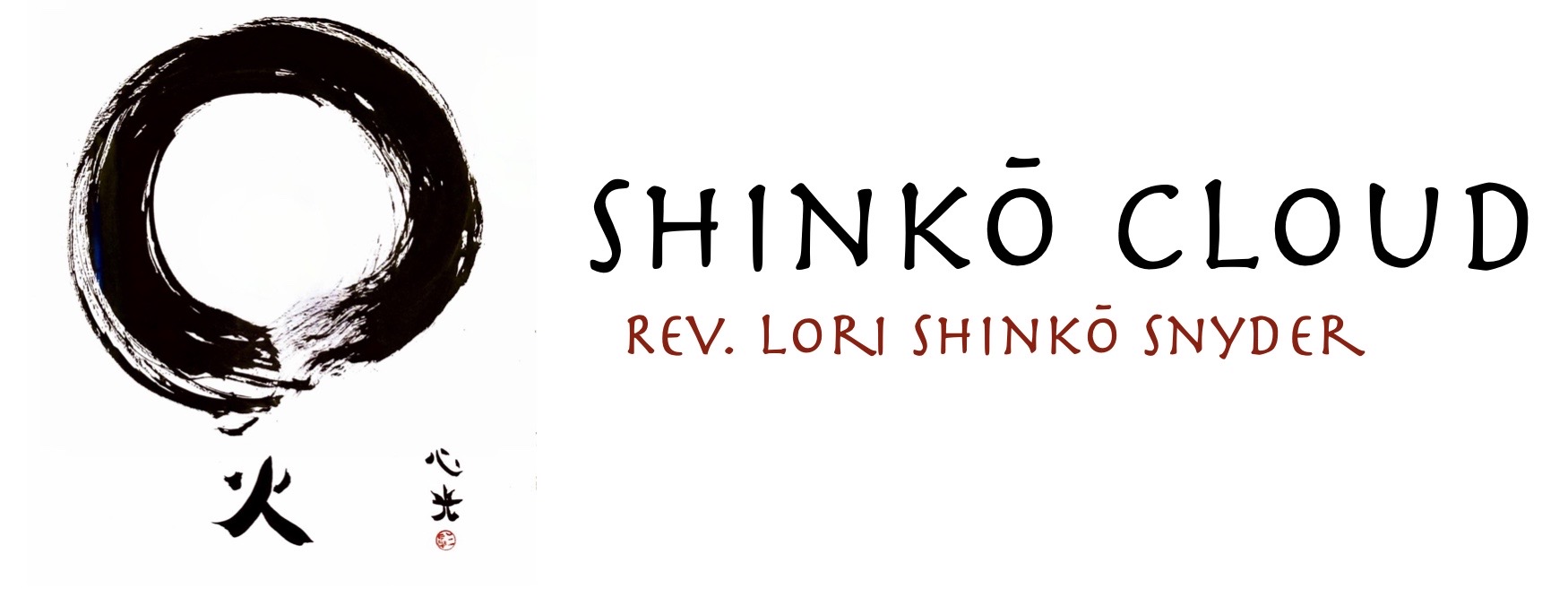I recently read a graphic novel written and illustrated by Richard McGuire titled HERE, published in 2014 by Pantheon books. It was consuming and I absorbed it in a few hours one evening. I couldn’t put it down as the passage of time engulfed me into an emotional passage of memories of families, cultures, and growing old on this limited visit to this life on Earth.

While there is very little text, what I witnessed was a geographic location over time, not in a linear fashion, but more in a fluid flow of memories that often overlapped with themes. How many times has someone stood where I am now, holding a baby? The energy of the house or place has a memory of this according to a Shaman and this book gave a visual overlapping of these moments of energy on one page. I could even wonder how many people have sat upright in bed at night reading in my same apartment since its inception in the early 1900s.
We are often so absorbed in our own experience that we give little thought to what came before us and in an expansive unfolding over time, our pithy little contributions to this planet seem entirely brief and yet we have managed to change it so much. In the end, it may return to how it was in the beginning without our creations and destructions. Only time will tell.

This book felt extremely Zen to me as our experiences create a vast record of time. I saw someone recently I hadn’t seen in several years and her hair was now very long. We noted that this was a record of the passage of time since the inception of Covid – since 2019. Hair is time.

This consideration led me to the fascicle of Eihei Dogen, The Time Being, or Uji as some know it best from Dogen’s Shobogenzo. This 13th century Zen Master understood time as a philosophical moment of being. Most people know time as a reference by a clock in the smallest increments, and those collected hours are recorded on calendars into months and years. We call a grouping of these a decade, and eons. Dogen understood that time was not defined by a measuring instrument, but rather that time goes backward, forwards, and sideways and you only experience it right now at this moment.

Perhaps this was the early precursor to string theory and parallel universes that most physicists grapple with. Time is not static, it is flexible, and can be stretched and elongated or compressed and short. If you doubt this consider the time it took for your last dental procedure, or waiting in traffic, and compare this to one of the happiest days of your life, a sunny day at the beach, time spent with someone you love, a beloved vacation, a slice of cake. It is hard to imagine these comprised the same units of measured time as one was belabored with detest and the other with delight. If perception alters our sense of time, is it possible that time may alter our perception of experience? I believe Dogen says yes, this is true.

Dogen wrote Uji, on the first day of winter in the tenth month, the first year of the Ninji era, 1240, at the Kosho Horin Monastery. If you would like to study Uji further, I recommend Katagiri Roshi’s book, Each Moment is the Universe.




